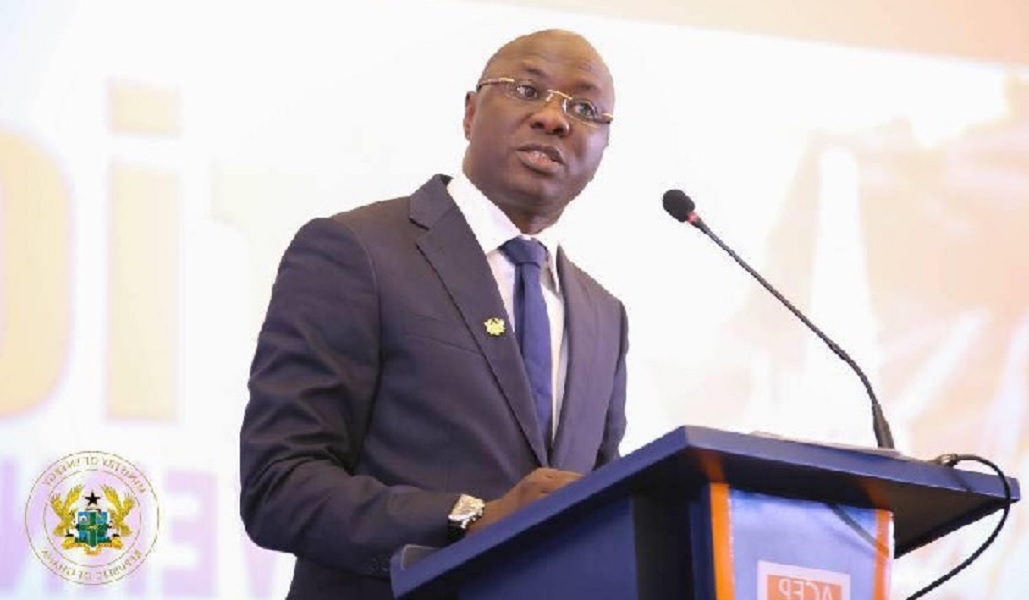The Government of Ghana and the Independent Power Producers have agreed on a $43 million monthly payment to address the former’s indebtedness threatening the energy sector in the country.
The payment plan is however expected to cover only power generated and consumed by the state.
This, according to the government, is because it has no money to pay for the excess capacity.
In an interview on JoyNews’ PM Express on Thursday, the Minister of State for the Finance Ministry, Dr. Mohammed Amin Adam said the IPPs have accepted the offer.
“We have negotiated with them [IPPs] and we’ve agreed to some monthly payments and in every month, about $43 million shared amongst them for energy supply [energy consumed] because you know that they have excess capacity and so we have negotiated with them to pay for energy consumed which means we are currently not paying for the excess that we do not consume,” he said.
According to him, since the agreement was reached, the IPPs have been settled twice.
“In July, we paid $43 million. ECG has just paid for August $43 million, two, three days ago and that is going to continue. We want to be current.
“Also , because under our IMF programme we have to be current with our payments, we are not supposed to rebuild arrears and so that is satisfactory to the IPPS and that was why they came out with the statement to call off their threats,” he explained.
Background
On May 28, the IPPs and distributors threatened to cut power supply to the national grid by the end of June 2023 if the government failed to settle its debt.
The IPPs control over 65% of the available thermal generation capacity in the country.
Despite several calls by stakeholders for the IPPs to reconsider its decision, it still maintained that until the 30% of the debt owed was paid, they would shut down power.
However, on June 30, the IPPs released a statement to suspend the planned shutdown of power plants following what they said were fruitful engagements with the ECG.
The Chamber had in a memo, directed its members to shut down their plants from July 1 to July 8 if the government failed to pay 30 percent of the $1.73 billion owed them.

